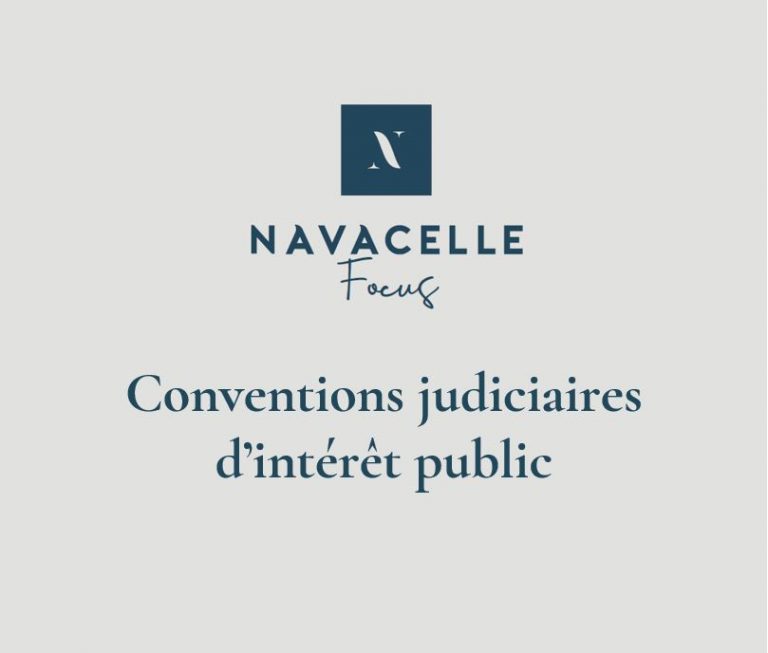The idea for this text stems from the necessity to adapt “the legal framework to the new reality of globalization” after the Rana Plaza disaster on April 24, 2013.
According to the authors of the bill filed at the National Assembly on February 11, 2015, the aim of this text is to give more responsibilities to “transnational companies in order to prevent the occurrence of disasters in France and abroad and to obtain reparation for the victims in case of violations of human rights and environmental damage”.
Obligation for parent and contracting companies to implement a monitoring program
Companies which have their registered office in France and which, at the end of two fiscal years employ at least 5000 people within the company and their French subsidiaries or employ at least 10 000 people within the company and their French and foreign subsidiaries, have the obligation to implement a monitoring program.
The law also aims at subsidiaries or controlled companies which exceed the thresholds mentioned as soon as the company which controls them implements and executes a monitoring program on the activities of the company and the activities of all of its subsidiaries or controlled companies.
This program includes reasonable monitoring measures allowing the identification of risks and the prevention of severe violations of human rights and fundamental freedoms, damage to the health and security of individuals or to the environment resulting from the activities of the company, the activities of the companies it controls as well as subcontractors and suppliers with whom these companies have an established commercial relationship.
Among these monitoring measures, the following are cited:
- Risk mapping aimed at identification, analysis and prioritization of risks
- Regular evaluation procedure of the situation of subsidiaries, subcontractors or suppliers with whom an established commercial relationship is maintained
- Actions for risk mitigation or prevention of several violations
- A mechanism for warning and collection of reports relating to the existence or the realization of risks established in coordination with the company’s representative labor organizations.
- A mechanism allowing the monitoring of measures implemented and the evaluation of their efficiency
This program is now part of the business report mentioned in Article L225-102-1 of the Commercial Code.
Removal of the fine provision by the Constitutional Council
Initially, the text provided that a company which would violate this obligation could be ordered to respect them after a formal notice and that it could be sentenced to pay a civil fine of 10 million euros.
This possibility of issuing a fine was rejected by the Constitutional Council in its decision dated March 23, 2017 since the terms of the obligation imposed to the company was not defined in sufficiently clear and precise terms.
Henceforth, in case of non-compliance with the duty of care, the company may be receiving formal notice to comply with the obligations set forth in this law. If the company does not comply with its obligations within three months from the receipt of the notice, the competent court may, at the request of a person having a legitimate interest in this regard, order the company to respect its obligations under financial compulsion.
The law also provides that any person who can establish a legitimate interest in this regard may take action against the company in order to obtain compensation of the damage that compliance with its obligations could have helped to avoid.
Commentators have regarded this new possibility as a new type of vicarious liability. However, it should be noted that the existence of a direct causal link between the infringements and the damage remains a condition to hold the parent company liable. Still, under this new law, a parent or a contracting company may be held liable for a damage which first originated in the acts of one of its subsidiaries as soon as its failure to implement a monitoring program is a direct cause of the damage.














